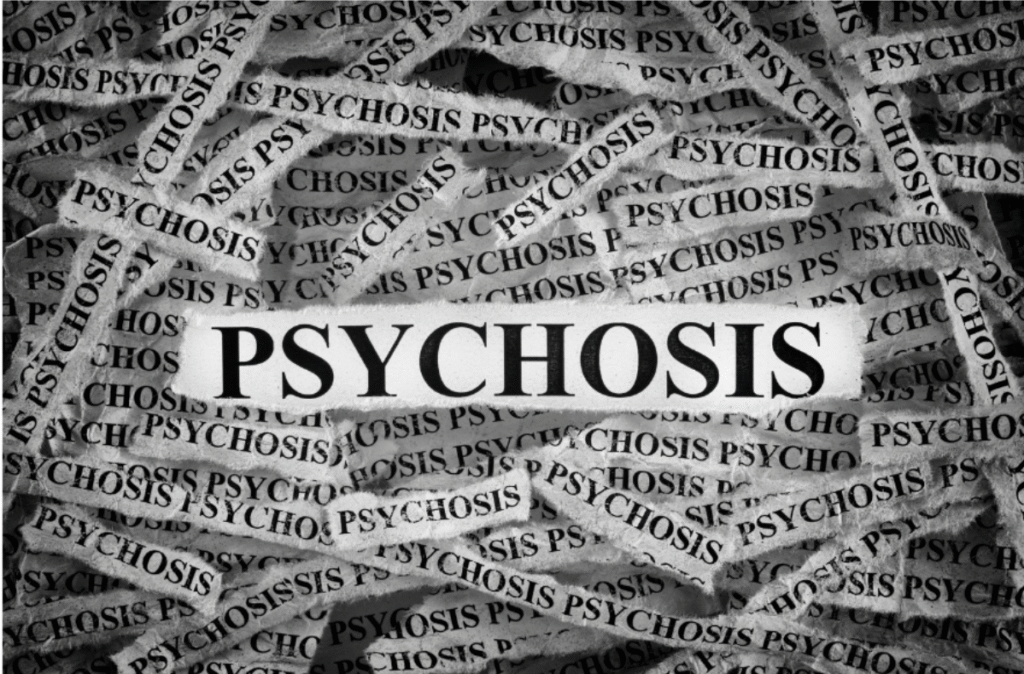By Dr. Vinita Mathew, Family Physician and Counselor, Mumbai
Schizophrenia is a complex mental illness that affects people of all ages and backgrounds. By sharing real stories from patients and families, we can foster understanding, advocate for early intervention, and drive lasting stigma reduction. Here’s a concise look at four cases that highlight different aspects of living with psychosis—and the vital roles families, communities, and healthcare providers play in recovery.

Case 1: Young Student Facing Psychosis
A 21-year-old woman preparing for a high-stakes exam began showing warning signs—muttering to herself, unexplained smiling, dropping out of school, and fears that someone wanted to harm her. She struggled to concentrate on studies and was found at a police station after going missing.
Key learnings:
- Early Red Flags: Changes in speech, behavior, social withdrawal, and paranoia(suspicious belief that others may harm/persecute/deceive) need urgent attention.
- Early Intervention: Starting low-dose medication and supportive measures(therapy,lifestyle change,social support) at the first sign of illness improves outcomes.
- Family Support: Families should learn about the disorder from credible sources to offer better support and deal with stigma,encourage treatment and academic engagement and seek school or community help.
- Safety and Empathy: Balancing understanding with safety—especially in behaviors like wandering—is critical.Hence understand the root cause,create a safe environment, involve the individual in safety planning, build trust, get caregiver training/ psychoeducation,use tracking technology to track location and adapt as per need.
Case 2: Chronic Psychosis and Social Challenges
A 36-year-old beautician with untreated schizophrenia became suspicious, aggressive, and socially isolated. Delayed care led to worsening symptoms and personal setbacks, including a broken engagement. Initiating antipsychotic medication brought notable improvement, but relapses occurred whenever treatment stopped.
Key learnings:
- Recognize Symptoms: Delusions ( which are fixed, strong beliefs that aren’t true, but the person believes them no matter what evidence is shown otherwise. These beliefs can seem strange or unrealistic from the outside, but to the person with schizophrenia, they’re very real and convincing), disorganized speech, aggression, and poor insight signal chronic psychosis.
- Managing Aggression: Families should seek emergency help and professional guidance for violent behavior.
- Medication Adherence: Consistent use of antipsychotics is essential—family support is crucial for sticking to treatment.
- Transparency: Open family discussions and counseling can guide decisions about disclosure in relationships and marriage.


Case 3: Brief Reactive Psychosis in a Professional
A 40-year-old IT worker experienced frightening auditory hallucinations (voices urging self-harm), but no long-term symptoms. Early medication led to full recovery within a month, and the patient returned to work.
Key learnings:
- Defining Brief Psychosis: Short-term, dramatic symptoms need correct diagnosis; not all hallucinations (auditory,visual,olfactory,gustatory,tactile) signal chronic illness.
- Recovery and Return: Rapid response to treatment is common; workplace accommodations can support reintegration.
- Hopeful Narratives: Sharing stories of fast recovery helps reduce stigma and encourages help-seeking.
Case 4: Late-Onset Psychosis and Cognitive Decline
An older adult displayed paranoia, confusion, memory problems, and changes in sleep and appetite. Comprehensive assessment and cautious treatment—combined with family education—helped stabilize functioning.
Key learnings:
- Differentiating Causes: Physicians must separate psychiatric from organic conditions (like dementia).
- Ongoing Monitoring: Regular support protects against relapse and cognitive decline.
- Empathy Matters: Late-onset psychosis needs as much compassion and medical integration as any other illness.


Takeaway: Breaking Stigma, Building Support
Across these stories, several themes emerge:
- Early recognition and family vigilance save lives and futures.
- Medication adherence, psychoeducation, and compassionate family support drive recovery.
- Multidisciplinary teamwork—physicians, mental health specialists, social services—optimizes care and outcomes.
- Open discussion and real-life recovery stories encourage acceptance and fight stigma.
By listening, sharing, and supporting—at home, school, work, and in the clinic—we can help those affected by schizophrenia reclaim hope and meaningful roles in society.
Let’s continue this conversation. Recovery is possible, and every act of compassion makes a difference.
